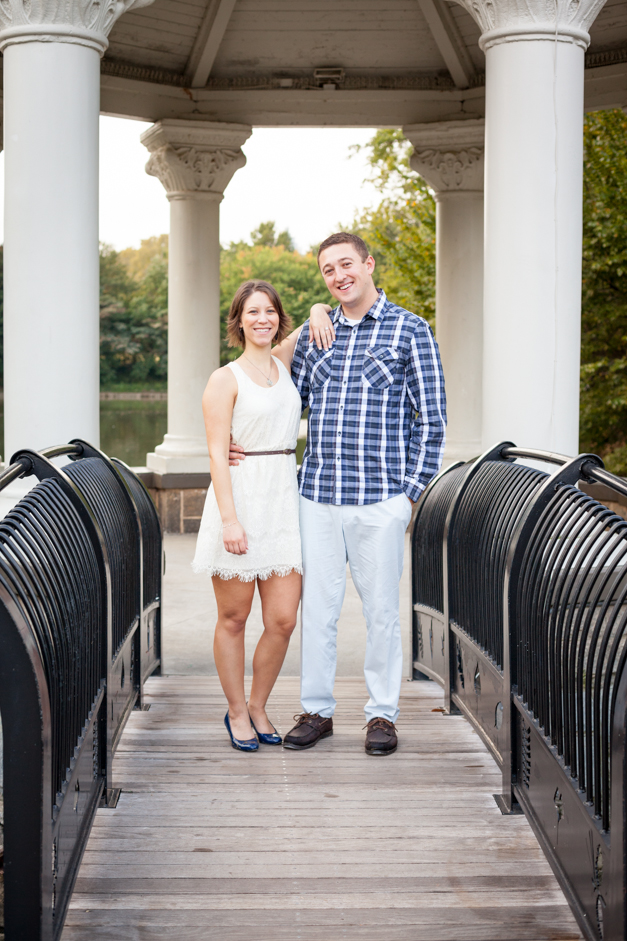Photographer Polly Irungu was aware of the lack of representation by Black female photographers in the photography industry as she began her professional career. Determined to remove hiring barriers and highlight photographers who are BIPOC photographers, Polly created Black Women Photographers–an online community and database of Black female photographers and photographers who are not female.
In addition to advancing the work of fellow photographers, Irungu also serves as a multimedia journalist, a digital editorial editor for New York Public Radio (WNYC) and a self-taught photographer. She has had her work published on Global Citizen, NPR, BBC News, The Luupe, MEFeater, Refinery29, The Washington Post, BuzzFeed, CNN, HuffPost, OkayPlayer and OkayAfrica.
Polly recently had a conversation for a chat with Photographers Without Borders (PWB) founder Danielle Da Silva as part of PWB’s ongoing ” Storytelling for Change” webinar series. Below are edited extracts from the conversation that touch on Polly’s inspiration to develop Black Women Photographers, imagining the impossible, working in an industry that is predominantly male and cultivating the possibility of change.
Da Silva: What inspired you to create Black Women Photographers?
Irungu I attended an predominantly white college that had around 24,000 students and of that 300 students, only 300 were recognized themselves as Black. I was the only Black photographers, particularly Black women photographers. I was able to take pictures of almost everything on campus, but it was very lonely and difficult to navigate the landscape. In a male-dominated white area, the business is difficult because of many different obstacles.
While on campus, I was introduced to The National Association of Black Journalists (NABJ). It was for me my first experience meeting other Black journalists, Black photographers, and Black women working in the field. I created a list on Twitter named Black Women Photographers and added individuals whose work I observed show up on my timeline and that encouraged me.
Da Silva: You spoke about the challenges within the photography industry. With all that has happened over the past few months and the last year, do you feel there’s been a lot more support or even hiring of Black female photographers?
Irungu, I noticed some changes, but I’m not sure how long this change will last. Does it seem like a temporary change? This is the moment we’re in; we’re considering it. We’ve been in these discussions before. I believe that everyone is tired of repeating the same thing and repeating the same things repeatedly. So, how long will this go on? Do we have these discussions at this point next year, or are we being noticed by different times of the year that are amplification for us, such as Black History Month? Is that the only time when we are re-thought for various campaigns, covers and magazines? There have been some changes in the past however, I’m not sure what the duration of those changes will last.
Da Silva: You said previously that you couldn’t have imagined this route for yourself. I believe that imagination is the key in bringing something to life. It’s the most important ingredient in convincing people to believe to take over the space.
Irungu, I totally agree. It’s difficult to imagine the things you don’t. If you’re not represented or you’re not familiar with Black photographers on billboards, or having spotlights on Times Square, why would you want to be a part of it? Let me assist others to envision the same thing for themselves. It is now clear that it’s possible and that this might happen to me. Then, I’m thinking, how else can it be done?



